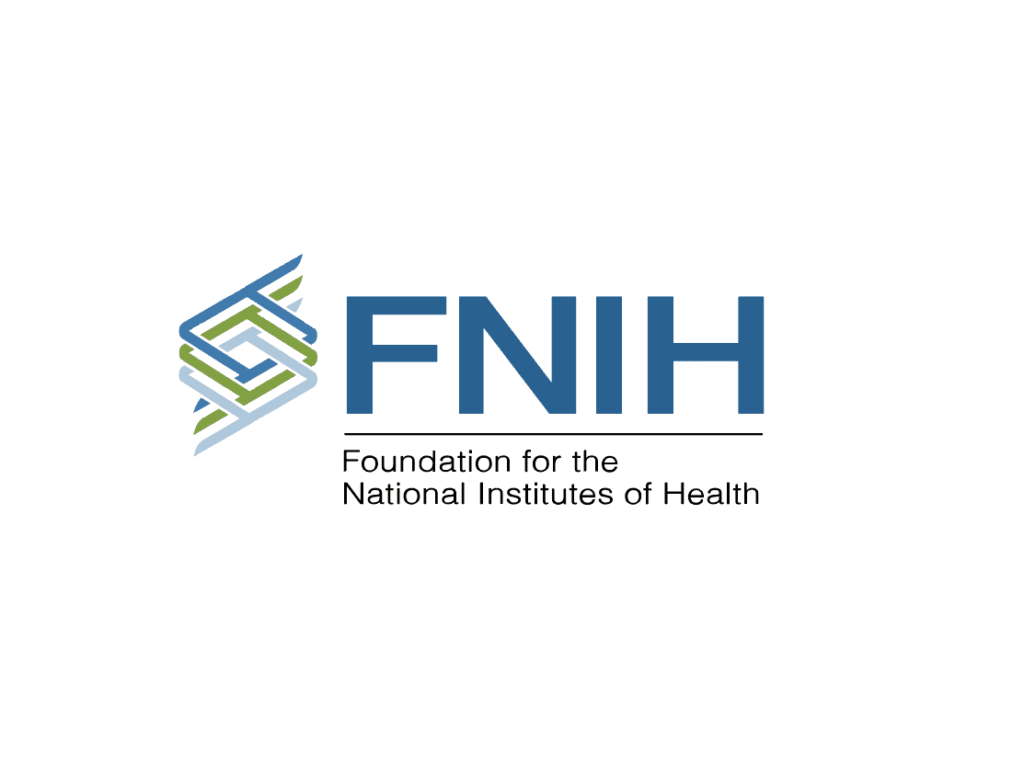

Biden Administration Addresses Short-Term Health Plans
By: Allen Pinn, Policy Coordinator
In a big win for people with chronic diseases and disabilities, the Biden Administration recently responded to calls from patient and consumer organizations, health care advocates, and patients by issuing final rules surrounding short term, limited-duration insurance. Below is a summary of the plans, history, and final rule that greatly limits them and protects patients.
Background
Short term, limited-duration insurance plans (STLDI) are plans that provide temporary coverage usually when an individual is outside of enrollment period, between health plans, or in need of emergency coverage. STLDIs are not legally considered as health insurance and not obligated to follow consumer protections and standards set under the Affordable Care Act (ACA), leaving patients at incredible financial and health risk. The plans also have a history of misleading marketing to entice consumers with their products. For instance, individuals who tend to enroll in STLDI do so because they appear to be more cost effective because of their lower premiums. However, enrollees often find they have exorbitant deductibles that minimize the believed savings. Unfortunately, many purchasers of these products realize their limitations when they are diagnosed with a serious condition or have an accident, finding that the plans can either not cover their care or drop them altogether.
When the ACA was signed into law in 2010, the law aimed to address gaps in coverage, which made STLDIs necessary for some consumers. Until 2017, STLDIs were defined as plans with three months of coverage without renewal. However, in 2017, the Trump Administration — through executive order — issued new regulations, allowing STLDIs to have 364 days of coverage, and renewable for up to 36 months. This resulted in the proliferation of this inadequate coverage.
Patient organizations opposed the 2017 rule due to the inadequacy of STLDIs and the risk they posed to patients. Furthermore, STLDIs have been found to deny coverage for an assortment of medical needs such as maternity care, mental health, prescription drugs, and substance use disorders.
The New Rule
In July 2023, the Biden administration announced a proposed STLDI rule. In March 2024, the rule was finalized by the Departments of Health and Human Services, Labor, and the Treasury.
Amends Definition of STLDI
Under the final rule, the length of an initial STLDI contract term will be limited to three months, with a maximum coverage period of only four months. STLDI plans will also be required to be more transparent about what types of and how many services they cover. The Administration has also amended the federal definition of STLDI plans to require that renewals of coverage/extensions of coverage be sold by the same issuer or an issuer that is a member of the same controlled group. The Administration is targeting “stacking,” a practice that allowed policyholders to enroll in sequential STLDI plans, blurring the lines between short-term coverage and longer-term comprehensive coverage.
Federal Notice Standard
A significant factor leading patients to enroll in STLDI plans is their lack of distinction from comprehensive coverage when consumers are browsing for plans. Under the final rules, the federal notice standard will be made more concise and use easy-to-understand language. The purpose of the federal notice is to ensure information is communicated to consumers clearly, so they can distinguish the limitations of STLDI plans compared to comprehensive coverage. The federal notice on STLDI plans must be easily displayed on the first page of a policy, contract, or certificate of insurance.
Rules surrounding Group Trusts and Associations
To curb sales of STLDI plans through group trusts and associations, the Departments’ final rule also states that coverage sold to consumers through an association or group trust is not defined as group coverage under federal law. If coverage is defined as an STLDI plan, it must meet the federal definition of STLDI plans. If such plans do not meet the federal definition, they will be subject to the same federal consumer protections and requirements as individual health insurance plans
Conclusion
The National Health Council (NHC) remains steadfast in its mission of Putting Patients FirstTM. The Administration’s actions to regulate STLDI plans will significantly benefit patients, their health, and their financial wellbeing.
To read more of the NHC’s stance on short-term health plans and the administration’s actions, click here.


